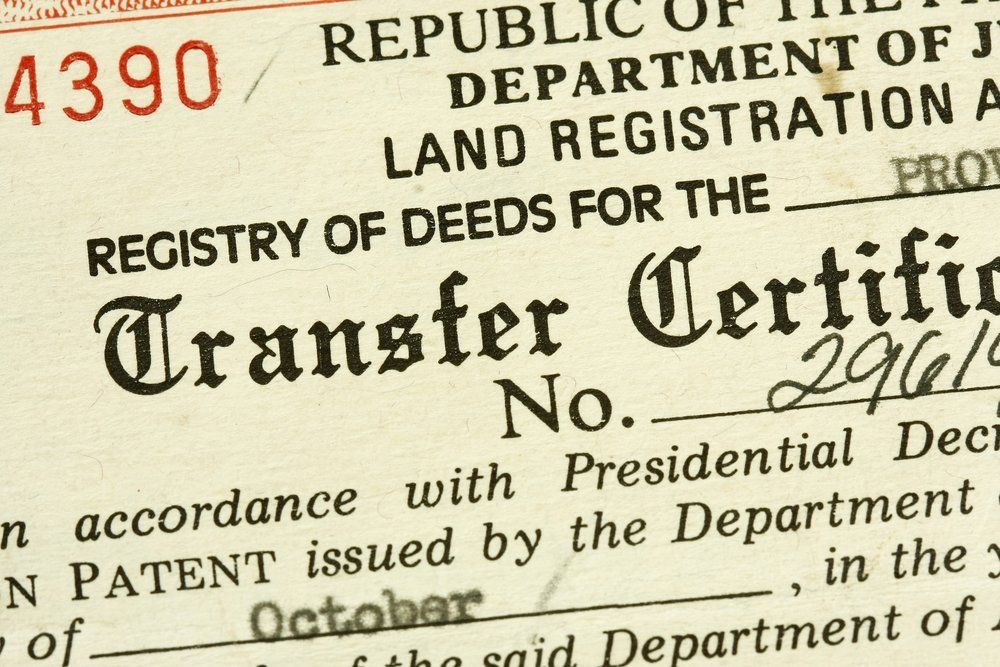Civil Records
Civil record searches can be useful in the tenant screening process to determine if they have ever been evicted from a previous residence. A civil history search is also valuable in identifying any court settlements that would indicate a risk when hiring an applicant. Checking civil records can also be instrumental when buying a business.
Areas Of Civil Court Records Include:
County (Upper) Civil Record History
A county upper level civil case involves one or more plaintiffs filing a complaint against one or more defendants. Civil actions/law suits are typically classified by either the amount of money sought by the plaintiff or the type of case. This search will yield information only for higher civil actions filed for more than a minimum claim amount established by the state. Civil actions do not typically list a subject’s date of birth or social security number, so they are generally returned as name only matches. Typical information reported includes the case number, the case type, the file date, the parties, the amount sought, the disposition date, the disposition, the judgment (if any) and any identifiers that are located. Marriage /divorce records are not reported by this type of search.
County (Lower) Civil Record History
The County (Lower) Court Civil Record searches are conducted at one lower court within a given county, typically at the county seat (if a specific lower court is required by the client, a surcharge will apply). The Search typically includes lower level civil actions. Due to the lack of identifiers in lower court cases, providing a middle name or initial and address is highly recommended. The information returned will include the case number, the type of case, the file date, the parties involved, the disposition, the disposition date, the judgment and any identifiers found.
U.S. Federal District Civil Record History
The U.S. District Civil Courts are courts of general jurisdiction or trial courts involving federal matters excluding bankruptcy. If a record is found, the information that is returned includes the case number, the file date, the type of case, the parties, the disposition date, the disposition, the judgment and all available identifiers.





